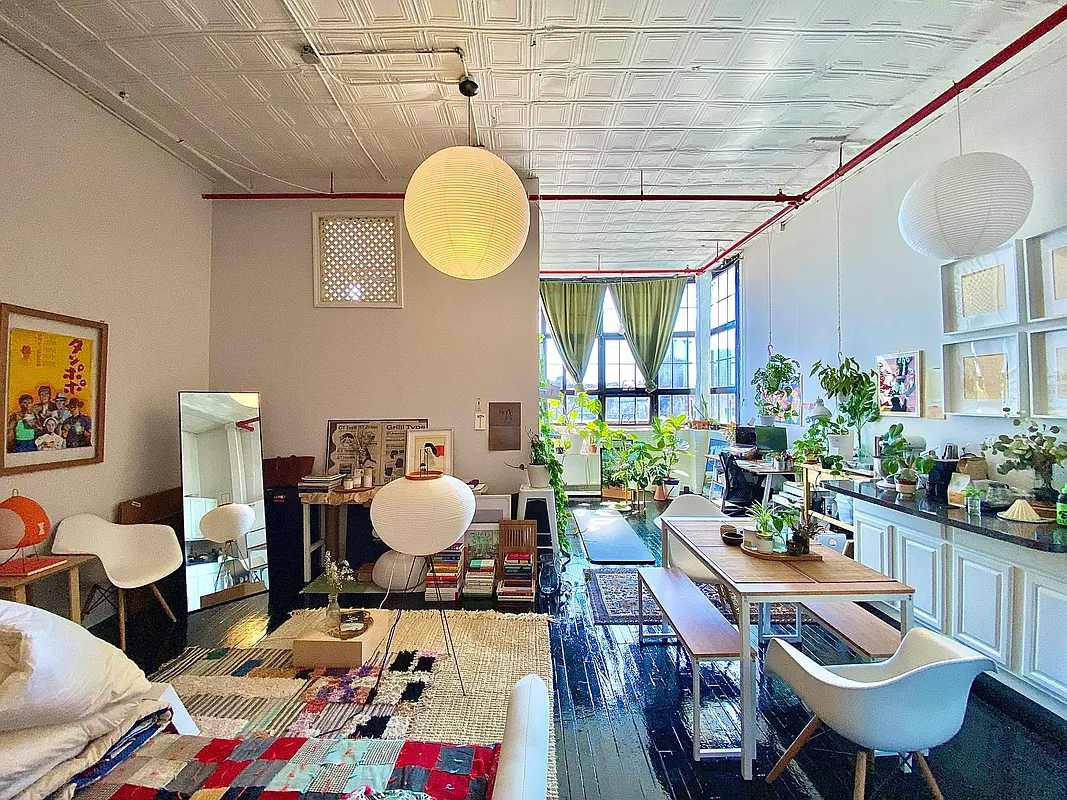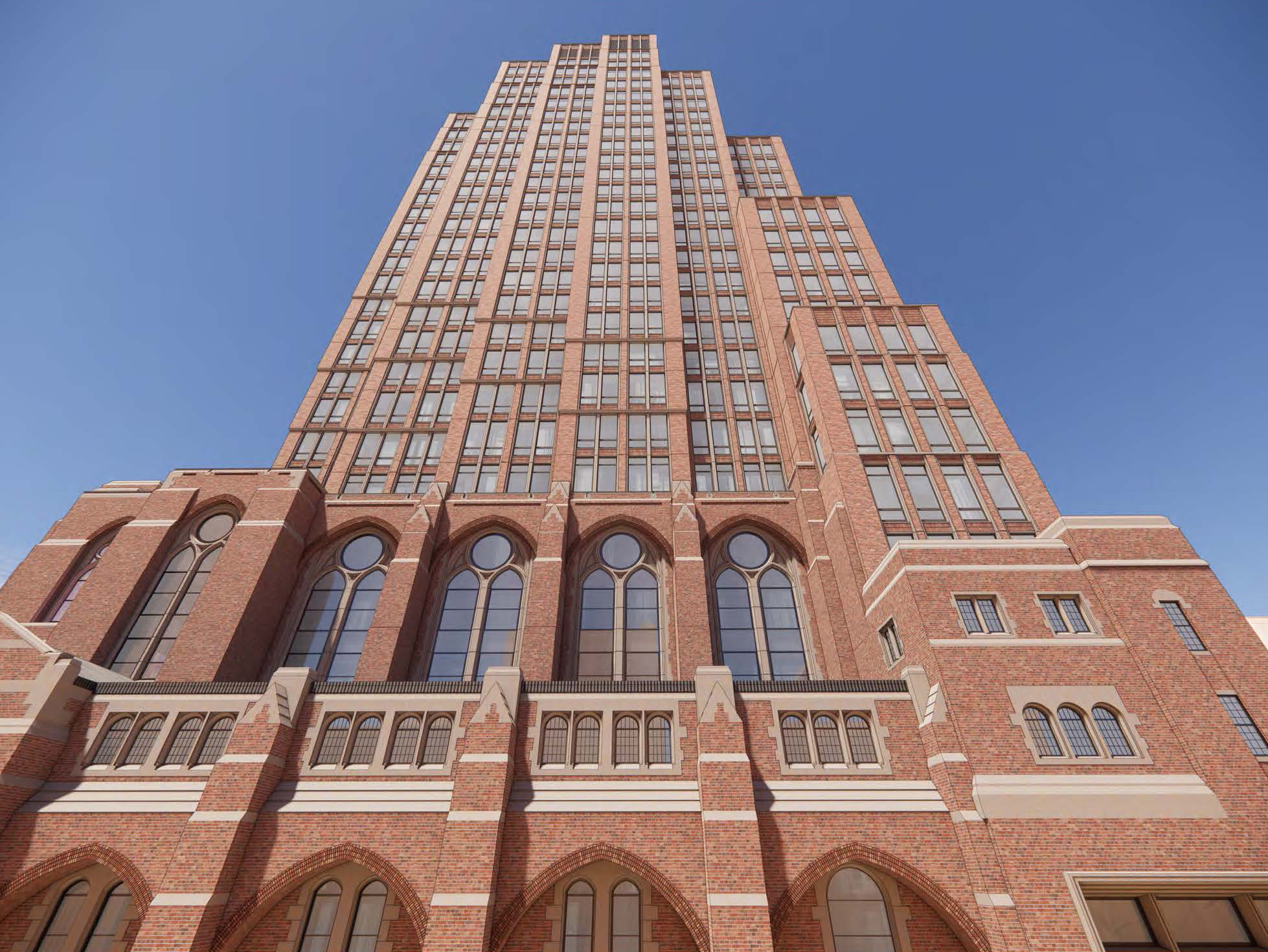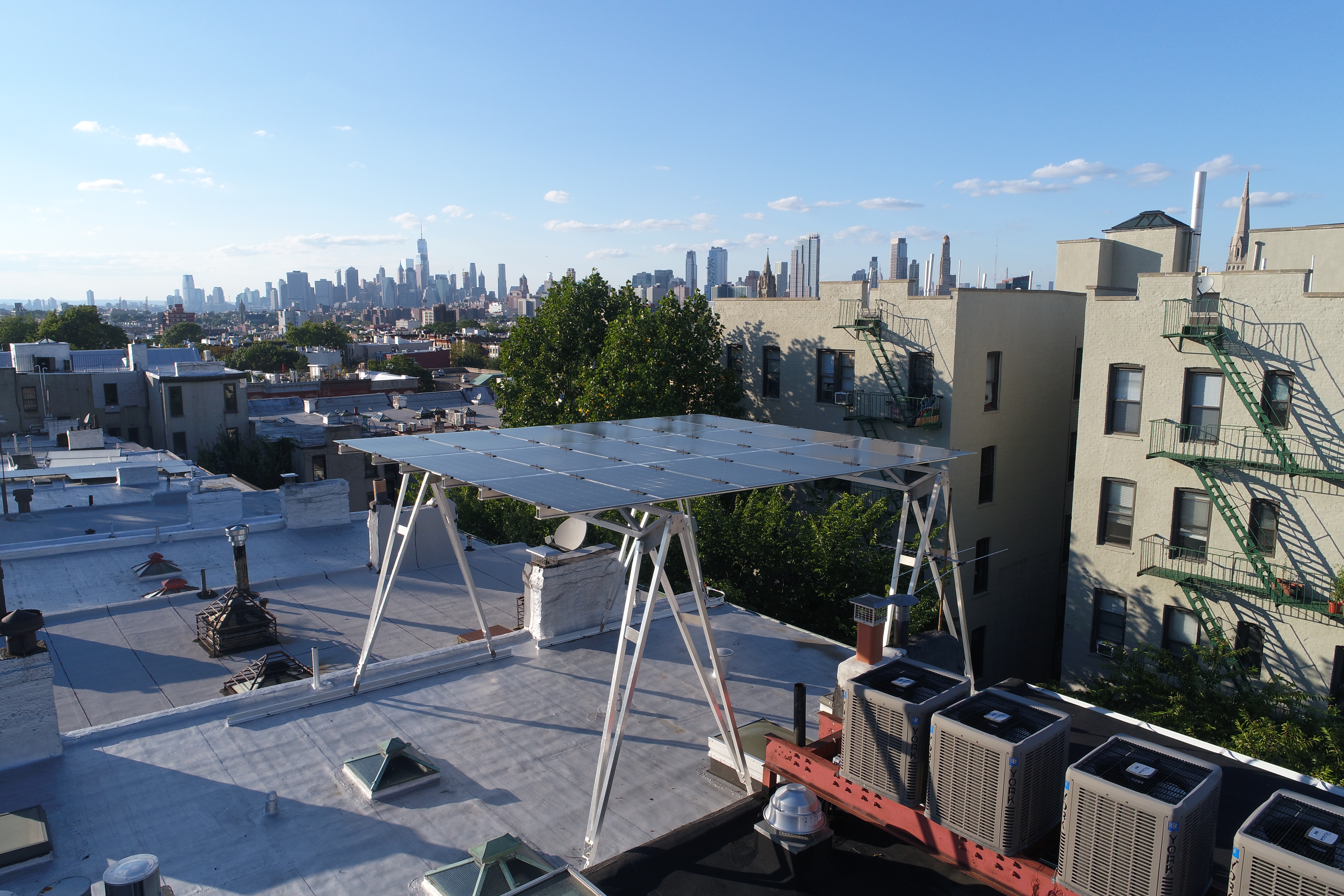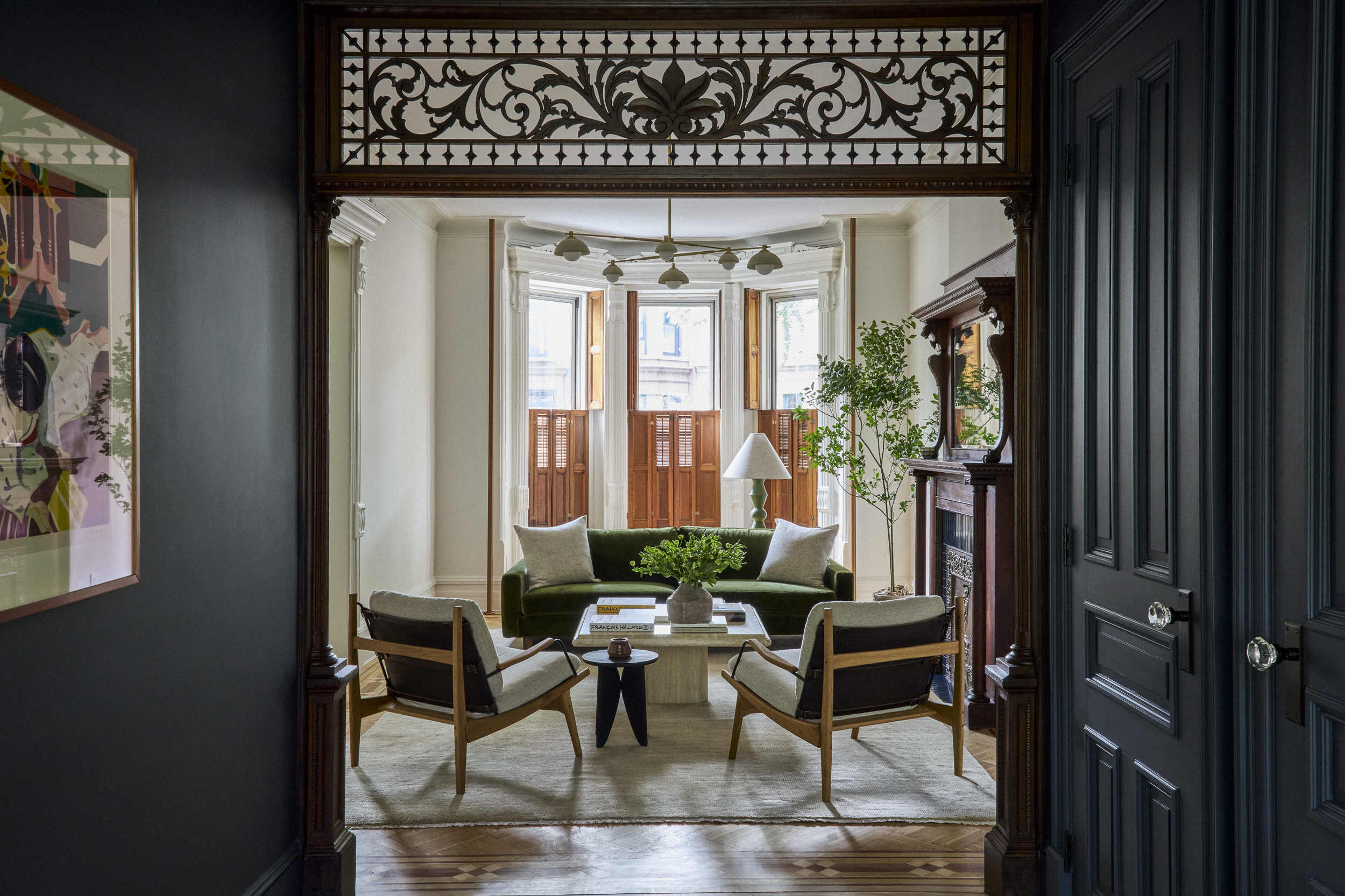"Further Cooling" to Housing Market, WSJ Says
November 15, 2005, Wall Street Journal — The pace of U.S. home sales is showing further signs of slowing, amid a widening gap between sellers’ asking prices and the amount skittish buyers are prepared to offer, according to an industry survey, real-estate brokerage firms and housing economists. Rising mortgage rates, higher energy costs, widespread talk…
November 15, 2005, Wall Street Journal — The pace of U.S. home sales is showing further signs of slowing, amid a widening gap between sellers’ asking prices and the amount skittish buyers are prepared to offer, according to an industry survey, real-estate brokerage firms and housing economists. Rising mortgage rates, higher energy costs, widespread talk about the risk of a “bubble” in housing and a surge in the number of homes on the market are among the factors behind the apparent slowdown. They have combined to make home shoppers more cautious, economists and real-estate brokers say. Buyers are taking their time to look for bargains, while many sellers have put unrealistically high price tags on their homes. That leads to a standoff, causing the number of sales to drop — a classic ending to a period of unusually rapid house-price increases.
Housing Shows Further Signs of Cooling [Wall Street Journal]





Market corrections quite possible. But when do you know its correct?
For major price drop you need to have shock to market – major recession, high interest rates,
big job layoffs, etc. Which of course can happen but who knows? Probably won’t be able to afford the cheaper price then anyway.
DJB, 2 serious questions:
* How do you define what a brownstone is “really worth”? I ask because the term seems to mean so many things to different people. Some mean that they believe the mortgage payment on a purchase should equal the cost of renting the same place. Others have sort of a vaguely-defined sense that “Somebody of my income ought to be able to afford a house like this, and if I can’t, then there’s something wrong with the market.” So not to jump on you, I’d just like to know by what standard you arrive at the “right” price for some of the places you’re seeing.
* Do you really find suburban prices to be compaaratively a much better deal than brownstone Brooklyn? I can’t say I really, really considered living in the burbs, but I did look at New Jersey when I bought my house. I found that, unless I were moving way out in the sticks, the cost would be much higher, once I figured in the cost of commuting, higher property taxes, and not having a rental. And everything I’ve read seems to indicate that suburban areas like Long Island and North Jersey have, if anything, appreciated more than Brooklyn since then.
It’s been said over and over but it bears repeating: house prices rose and rose because of a falling rate environment: money became cheaper and people could afford to borrow more and more. It is no coincidence that as soon as rates stopped falling and indeed began to rise, with no foreseeable end in sight, prices started to level off. Asking prices will probably continue to soften as long as the interest rate rises, but that doesn’t make buying a house any cheaper unless prices fall faster than rates rise. Not saying it can’t happen but I don’t see any evidence yet.
I am a potential first time buyer, who is recently married. We have started to look for Brownstones, and the asking price just does not meet the value at the moment. I am not sure that there is a bubble, per se, but many home owners are drastically off on what their properties are worth. It appears as though certain home owners with below market brownstones are selling in hopes of striking it rich with the current high prices. As a result, the decent brownstones have been pushed slightly above their value. I do not envision a huge drop in real estate prices, because these are unique buildings, but I certiainly do expect a market correction. Houses that are now requesting 1- 1.2 million are really worth 700-900K and houses that are asking $1.4-1.7 million appear to be better valued at $1-1.3 million and so on and so on.I recently looked at a brownstone listed at $1.499 million. The interior of the house was gorgeous,with a new kitchen and many authentic details. My wide and I loved the house, but again we felt the asking price was too high. The broker said 4 months earlier it would have gone for $1.8 million, and truthfully, it might have, but I believe the house is truly worth $1.2-$1.3. Maybe in anothr four months it will reach its true value.
I don’t think anyone can predict what is going to happen. But currently, the asking prices for Brownstones just doesn’t meet the value. For what the asking prices are, it is worth it to buy outside teh City and deal with teh commute for what your money will get you. In fact, most of my co-workers are doing just that.
HC, you can say there is no bubble, but please do not say “it can’t happen here.” That is the most dangerous thing to say because it can happen anywhere.
I realize that stock markets and houses are not alike, and one does not sell as easily as the other, but I seriously think that people who believe these recent price increases are sane and normal are not listening to what’s being reported out there and are ignorning history. And if you think I’m crazy for not carrying an 800K I/O mortgage, well, we’ll see in a few years. I’ve been told by numerous folk in the financial world that I would be dumb to buy a place now. I think I’ll listen to them.
Oh – $800K, not $800.
I agree with Babs. Just because people think they should get a cool $1M for their $800 building, doesn’t mean that a bubble is bursting.
I’m always amused by those who say they’re not going to buy now, because they’re going to wait for the bubble to pop and then pick up a property at half the price. IF prices do start falling, then maybe less people will think it’s a good time to sell, and then supply will go down, and prices will not fall so much.
The collapse anon 10:33 is waiting for may happen in some other communities (supply keeps growing as demand falls dramatically due to industry closures, etc.), but it’s not as if there are developers out there building a bunch of freshly minted Victorian brownstones very close to Manhattan. Those who were looking for very short term gains might get hurt, but don’t expect anyone with a $800K mortgage to rush to sell their home for $200K less.
Or at least that’s what I tell myself, since the ink is barely dry on my mortgage . . .
Bubble, schmubble. I tried to buy a home in 1998 in San Francisco and was warned not to because of a bubble. If I bought then, and the prices would have dropped by 10% right now because of this ‘bubble’, I still would have been waaaay ahead.
So here I am, an owner in Park Slope 7 years later, still hearing the same thing. The bottom line is, unless the prices drop 80% or more, the people waiting for things to get ‘back to normal’ will rent until the cows come home (in this case, Park Slope circa 1810).
To the Anonymous at November 15, 2005 10:33 AM:
when (or IF) the real estate prices do fall, people won’t sell to get out. This is not the Dow – there will be no better stock to buy, unless it comes with a good school district and a lovely park nearby.
There is a big difference between excessive expectations and a bubble. Just because sellers are not getting what they are asking for does not mean the “bubble” is in the process of popping. There is still no real evidence that prices have started to come down, let alone “pop”. But by all means – keep on dreaming/wishing renters.